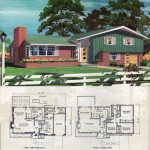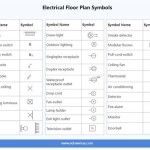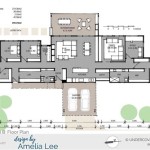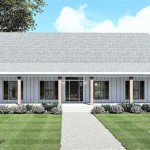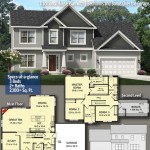Essential Aspects of Shaker House Floor Plans
Shaker house floor plans, renowned for their simplicity, functionality, and timeless aesthetic, have left an enduring mark on American architecture. This article delves into the key aspects that define these iconic homes, exploring their distinct features and the principles that guided their design.
Symmetrical Design and Central Hallway
Shaker houses are characterized by their symmetrical facade and central hallway. The front door, typically located in the center of the house, leads into a long hallway that bisects the house into two equal halves. This arrangement creates a sense of balance and order, enhancing the home's functionality and aesthetic appeal.
Functional Room Layout
Shaker house floor plans emphasize functionality and practicality. Rooms are arranged in a logical and efficient manner, with each space serving a specific purpose. The kitchen is often located in the back of the house and connected to the dining room, facilitating food preparation and mealtime. Bedrooms are typically found on the second floor, providing privacy and tranquility.
Simple and Ornate-free Exteriors
Simplicity is a hallmark of Shaker architecture, extending to the exterior design of their homes. Shaker houses are typically devoid of ornate decorations or unnecessary flourishes. The facades are often clad in clapboard siding, painted in muted colors such as white, gray, or brown. Windows are plain and symmetrical, further emphasizing the home's understated elegance.
Efficient Use of Space
Shakers were renowned for their economy of space and their ability to create comfortable and livable homes within limited means. Shaker house floor plans reflect this emphasis on efficiency. Each room is carefully designed to maximize usable space, with minimal hallways or wasted areas. Built-in storage and multi-purpose furniture were common features, further enhancing the home's functionality.
Natural Light and Ventilation
Shaker houses were designed to embrace natural light and ventilation. Large windows are strategically placed throughout the home, allowing ample daylight to enter and reducing the need for artificial lighting. High ceilings and cross-ventilation helped maintain a comfortable indoor climate, even during hot summers.
Community-Oriented Design
Shaker villages were intentionally designed to foster a sense of community and shared purpose. Shaker house floor plans often included common areas, such as a workshop, meeting house, or schoolhouse. These spaces provided opportunities for members to gather, work, and socialize, strengthening the bonds within the community.
Sustainability and Environmental Awareness
Shakers were known for their stewardship of the land and their commitment to sustainable living. Shaker house floor plans often reflected these values. Homes were typically constructed using locally sourced materials and designed to minimize environmental impact. Gardens and orchards were common features, providing food and sustenance for the community.
In conclusion, Shaker house floor plans embody the Shaker ideals of simplicity, functionality, and community. Their symmetrical design, efficient space planning, and understated exteriors reflect the Shaker commitment to practicality and aesthetic harmony. These enduring homes continue to inspire architects and homeowners alike, offering timeless lessons in efficient living and harmonious design.

Shaker Heights Travars Built Homes

Shaker Cape Cod Home Plan 126d 0062 House Plans And More

Shaker Cape Cod Home Plan 126d 0062 House Plans And More

Stone And Shaker Siding 8968ah Architectural Designs House Plans

Habs Nh 5 Enfi V 1a Sheet 3 Of Shaker Church Family Dwelling House State Route 4a Enfield Grafton County Library Congress

Shaker Heights House Floor Plan Frank Betz Associates

The Shaker Brimfield Hoa

Studio 1 2 3 Bedroom Apartments In Shaker Heights Ohio Collection

Studio 1 2 3 Bedroom Apartments In Shaker Heights Ohio Collection

Shaker Run Justin Doyle Homes

